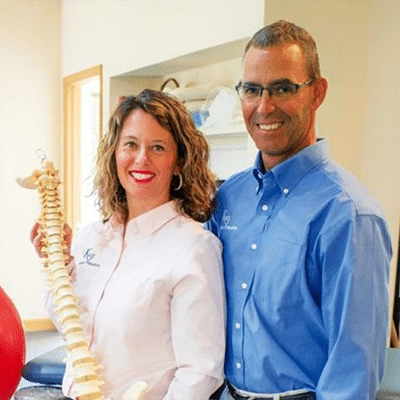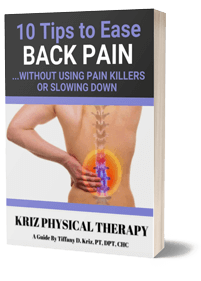You likely use your hands for most daily activities. If you have a hand condition like carpal tunnel syndrome, it may not be easy to look after yourself, your home, and others in your care. Whether you’re interested in learning more about CTS or a physical therapy regimen to alleviate symptoms, we at Kriz Physical Therapy, P.A. in Bonita Springs, FL have the answers.
What Happens to Your Carpal Tunnels With CTS?
Your carpal tunnel runs along the inner part of your wrist, enveloping the finger tendons and median nerve. While the tunnel is typically dime-sized in width, multiple conditions may vary its size, affecting your mobility.
How Do You Get CTS?
A hand injury or condition like rheumatoid arthritis can cause the passageway to become smaller, rubbing uncomfortably against the nerves. Inflammation creates the same friction by causing swelling in the nerves and joints. Other factors that contribute to carpal tunnel syndrome and may require physical therapy in the long run include:
- Pressure on your hands, wrists, or fingers, leading to inflammation
- Repetitive movement of your fingers during activities like computer typing or piano playing
- Outwardly extending your wrists for long periods
- Excessively clutching items like video game controllers, rackets, smartphones, or instruments
- Overworking your hands, such as while on an assembly line
- A medical history of inflammation, fluid retention, or diabetes
- Hormone changes and medication use, including steroids
What Symptoms Accompany Carpal Tunnel Syndrome?
Like arthritis, you may notice pain and stiffness in the joints. At first, your ability to move regresses after waking. Shaking your hands for a few seconds temporarily alleviates the problem, but if a physical therapist doesn’t see you immediately, it can drastically affect your quality of life.
You’ll notice more symptoms without physical therapy, such as numbness and tingling. You’ll also feel symptoms more times throughout the day. These symptoms usually run through all fingers outside the pinky, primarily affecting the most-used digits, including the thumb, pointer finger, and middle finger.
You’ll also notice weakness in your fingers that causes you to drop things abruptly and reduce your ability to lift heavier objects.
How Does Physical Therapy Assist With CTS?
Diagnosing Your Condition
During physical therapy, your therapist begins by conducting a physical examination and asking about your condition. They will also want to know how or when the symptoms began, including:
- If and when you sustained an injury
- If you regularly make repetitive motions with your hands or fingers, such as in the packing industry or during sports
- If a healthcare provider has seen or treated your condition before
- If you have pain or other symptoms
After the interview, your physical therapist may want to observe your motor skills by asking you to reach for or grip objects of different sizes and shapes to diagnose and treat your condition. They’ll then visually examine and feel from the fingertip to the forearm to determine painful spots. Your physical therapist may also conduct any of the following:
- A Tinel’s Sign test that uses a reflex hammer to uncover tingling in the joints
- Nerve studies with an electromyogram test
- X-rays to evaluate trauma to joints or bones
Finding the Right Treatment Plan
Next, your physical therapist relays ways to lessen daily symptoms by exercising and stretching your joints. Some examples include altering your wrist positions, doing full-body stretches, and fixing your posture. Whether you’re an avid texter or use a keyboard throughout the workday, abstain from these activities to avoid worsening your condition by neglect.
Other treatment plans include using equipment like ultrasounds to release light pulsations along the affected area, a traction device that strengthens the carpal tunnels, or a splint for nighttime relief.
Grasp on to a Healthier Future
No one wants to slow down during a busy day, especially for pain. If you’re noticing any abnormalities in your finger movements or wrists or general ailments in your hands, don’t hesitate. Symptoms of carpal tunnel syndrome only worsen with time, leading to more numbness and pain.
Get back to feeling like yourself with physical therapy in Bonita Springs, FL. Our professional and experienced physical therapists have seen all sorts of conditions, and we’ll begin treating you immediately. Call Kriz Physical Therapy, P.A. at 239-992-6700 for relief today!




